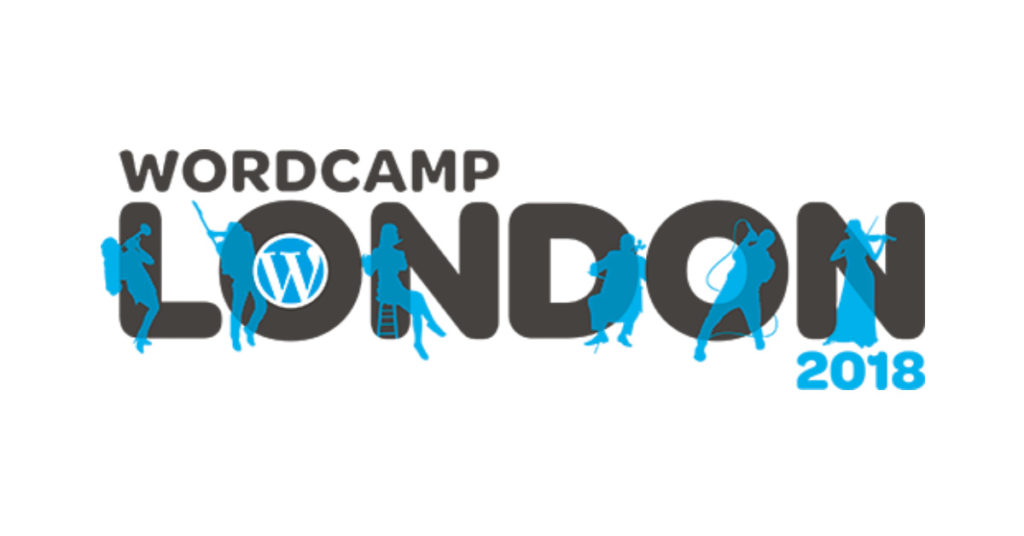This year seems to be moving along at such a rapid pace that I can hardly believe WordCamp London has happened already. Hats off to all of the organizers and volunteers who made the event happen as it was enjoyable and filled with great bits of knowledge. We were lucky enough to have the same venue where the event was held the last couple of years – London Metropolitan University. For those of you who have attended prior WordCamp London events, you’ll recall that the academic environment provided by the university is well suited for WordCamp. I attended many sessions throughout the 2-day event and I can say that there was a great lineup full of intriguing talks by dynamic speakers.

Trends and Topics
Notable Speaking Sessions


Leave a Reply